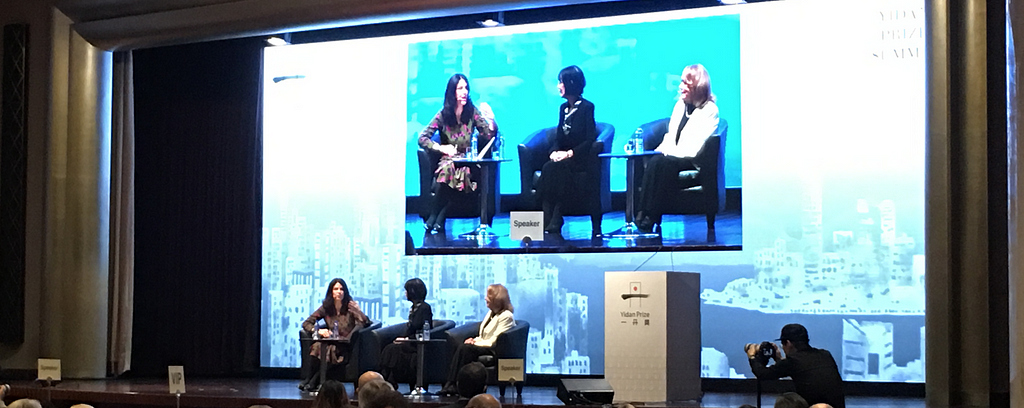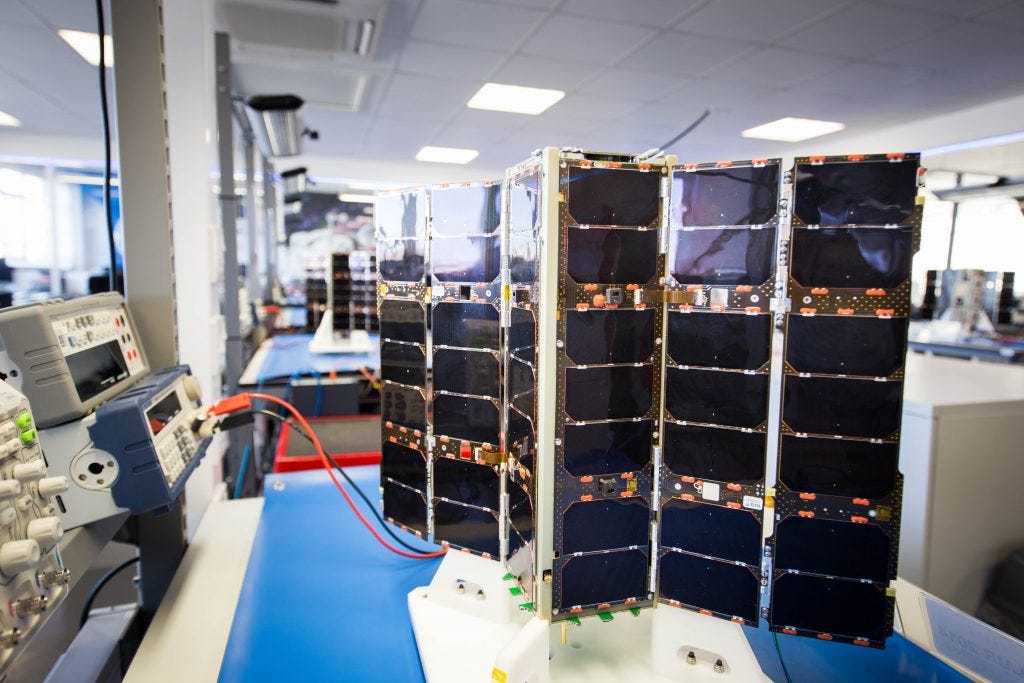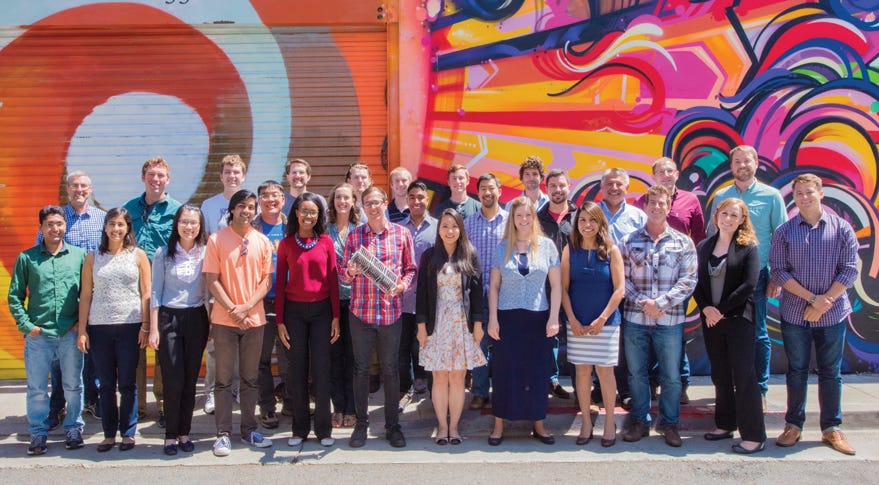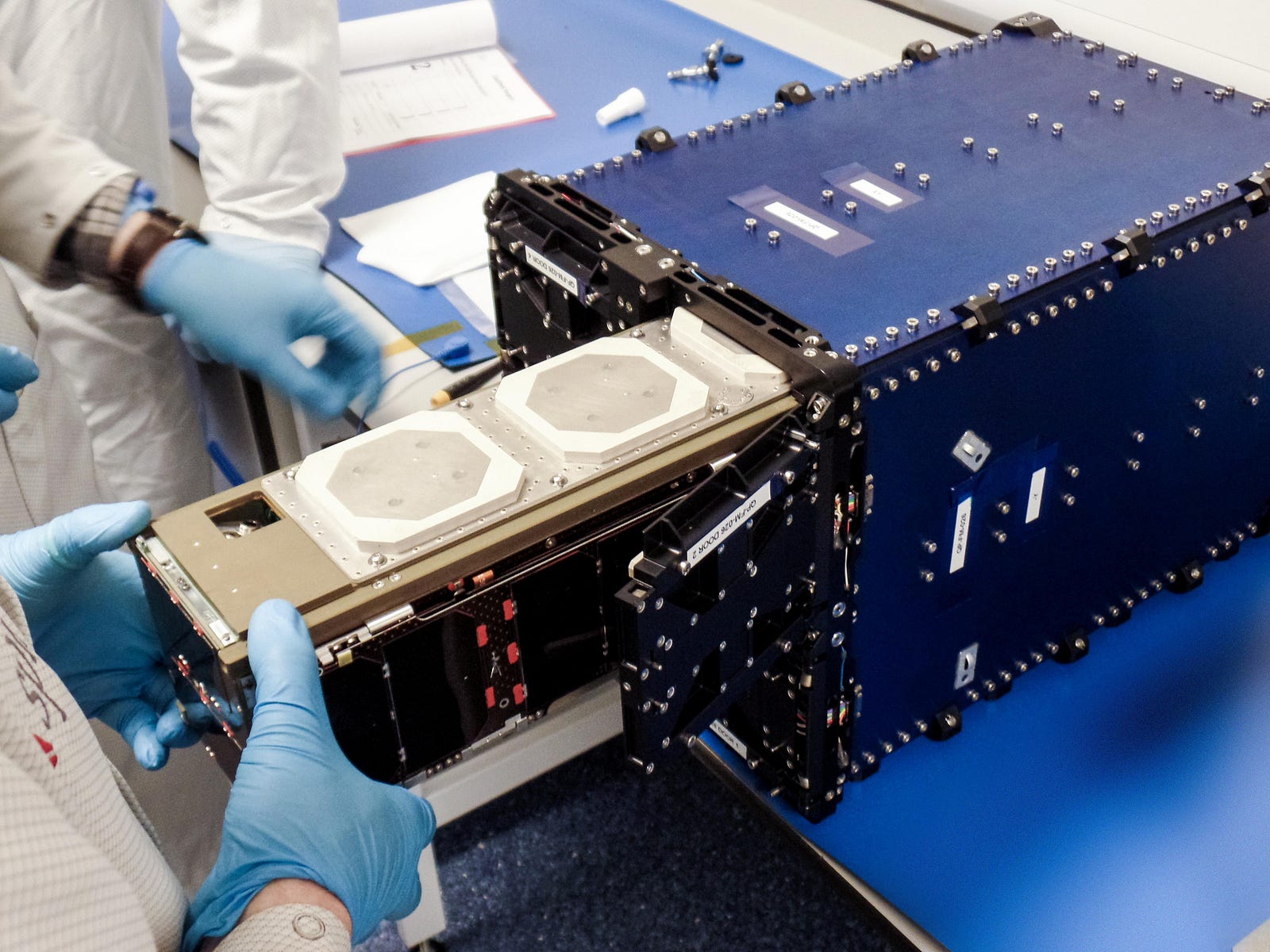2 Inspiring Educators with Lessons About Learning for Everyone

At the recent Yidan Prize Summit, I had a chance to hear from Professor Carol S. Dweck and Vicky Colbert who were chosen as the first ever Laureates of this award. It’s about time that the top education practitioners are treated as superstars, though they were both extremely humble despite all the attention.
Vicky Colbert is the founder and director of Fundación Escuela Nueva. With roots in rural Colombia from 1975, her practical approach has been changing lives ever since. As one person commented during the awards video of classrooms using the philosophy: “the kids look so happy!”
The most well known work of Professor Carol S. Dweck of Stanford is about psychological mindset, especially the difference between a growth and a fixed mindset. As the awards event made clear, her overall contribution and influence in terms of both ideas and implementation across education is both broad and deep.
Importantly, their speeches and discussion contained lessons for us all — here are some of my key takeaways from their talks over the two day event.
1. Education of children transforms society today, not just in the future
It’s obvious that our children will one day be the leaders of society and so by definition education is key to transforming the future. But the message from the two Laureates is that children can be agents of change for society today — right now. Under this approach, children are proactive participants in social reform. Vicky gave an example of how children were important participants for improving healthcare awareness and treatment in rural parts of Colombia.
2. Expanding the status quo is not the goal
Governments love to talk about how they are spending more money on education. The unfortunate problem is that simple expansion of the current system is not the answer. The global education system has badly lagged changes in the rest of society. More of the public and private sector investment should be focused on better, not simply bigger.
3. The right to learn is global — across culture, religion, race
A clear message from the Yidan Prize event was the universal importance of education across all traditional boundaries of culture, religion, and race. Of course there are always local nuances when it comes to implementation but the core desire to learn and right to learn transcend barriers.
4. Problem solving focus
When asked about what the goal of learning and education should be, the answers from Carol and Vicky emphasized solving practical problems in today’s world. That has absolutely been our philosophy at Fresco Capital and I hope we have more students, educators, and parents who embrace this goal.
5. Co-operative learning and teamwork
If we aspire to have leaders of society who understand the benefits of co-operation, wouldn’t it make sense to start that habit at a young age? Both Laureates highlighted the power of team based learning in contrast to the traditional emphasis on individual performance. They also led by example by exploring collaboration opportunities across their respective areas of focus during the conference.
6. Teacher and student roles should change
The role of teachers needs to change. To be clear, the message is not about replacing teachers with technology. Instead, students should be more active learners. This then allows teachers to support and listen to children as they learn.
7. Test theories in real life
There are many elegant theories about learning and education. Both of these educators are consistent in their rigorous approach to use real life for testing theories. They are not content with ideas alone — the focus is tangible outcomes and results.
8. Opportunity to think big
The most inspiring lesson was to see these very successful leaders accept their awards, and then very quickly focus on thinking bigger for an even larger impact on society. Far from being content and satisfied, their curiosity and determination remains unwavering.
The first Yidan Prize Laureates set a high bar for everyone else involved in learning and education (which technically includes all of us). If we each reach just a fraction of their impact, we have the potential to create an exponential positive compound effect for generations into the future.
2 Inspiring Educators with Lessons About Learning for Everyone was originally published in Fusion by Fresco Capital on Medium, where people are continuing the conversation by highlighting and responding to this story.





